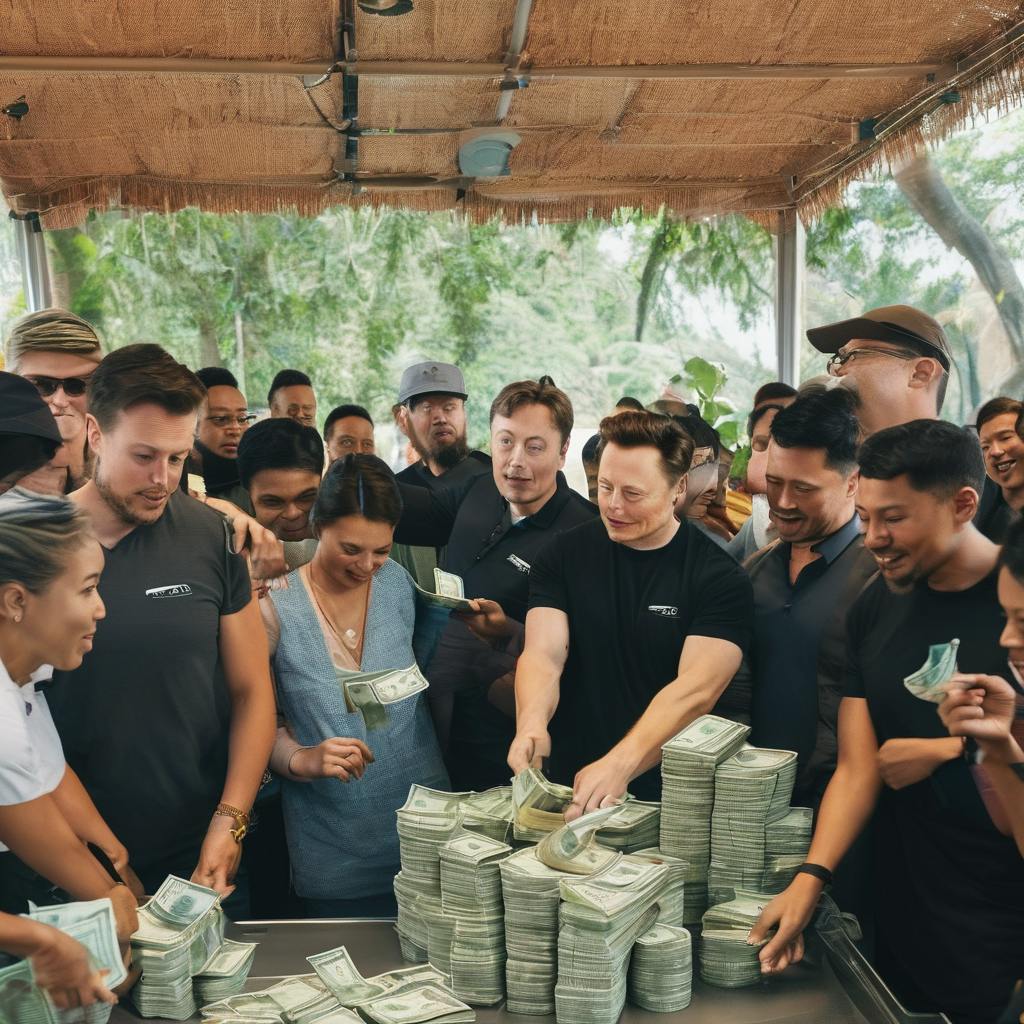160 reads
Musk Says OpenAI Execs Got Rich at His Expense
by
August 11th, 2024
Audio Presented by

Legal PDFs of important tech court cases are far too inaccessible for the average reader... until now.
About Author
Legal PDFs of important tech court cases are far too inaccessible for the average reader... until now.
